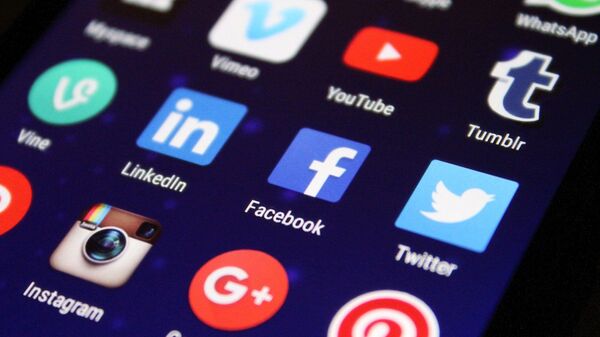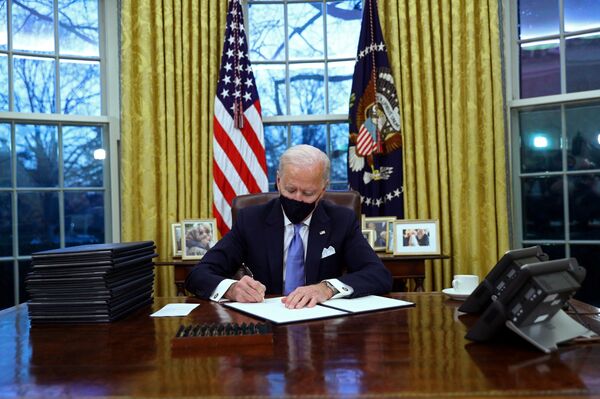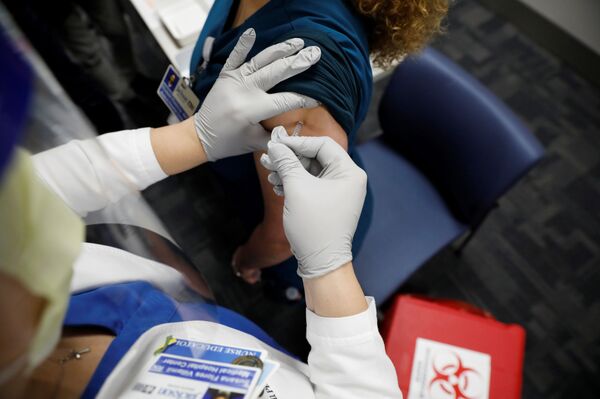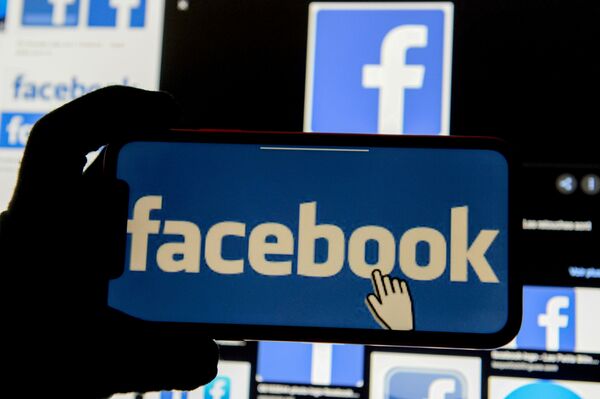At present, the US Food and Drug Administration has only issued two emergency use of authorizations for COVID-19 vaccines produced by companies Pfizer-BioNTech and Moderna, and has managed to distribute the candidates’ two-part doses under the Trump administration-launched Operation Warp Speed.
Launched during the height of the deadly outbreak last year, the Trump administration’s pet project was touted as the next big accomplishment by the US; however, the program has not been without its challenges. At the time, government officials stated 20 million Americans could be vaccinated by the end of 2020, with another 30 million receiving their first dose by the end of January 2021, but ultimately neither of those goals were made on time despite the multibillion-dollar effort.
Newly sworn-in US President Joe Biden has vowed to push for the vaccination of 100 million Americans within his first 100 days in office.
The US’ ongoing distribution effort has been largely supported by a variety of government agencies and private companies such as Amazon and computer software company Oracle, among other entities.
Amazon Extends Help to Biden Mission, But Raises Questions
Prominent e-commerce firm Amazon recently joined the growing group of big tech companies to throw their support behind the US’ vaccine rollout plans after it was revealed that Dave Clark, the incoming chief executive officer of Amazon’s retail unit, offered a helping hand in Biden’s 100-day mission.
In a Wednesday letter to Biden, Clark congratulated both the president and Vice President Kamala Harris on their new posts, before informing the pair that the company was willing to provide its operational reach to “make a meaningful impact” on the administration’s vaccination push.
“We have an agreement in place with a licensed third-party occupational health care provider to administer vaccines on-site at our Amazon facilities. We are prepared to move quickly once vaccines are available,” Clark wrote, referring to the company’s own effort to provide vaccines to its 800,000-plus workforce. “Additionally, we are prepared to leverage our operations, information technology, and communications capabilities and expertise to assist your administration's vaccination efforts.”
It’s unclear if the Biden administration has responded to the offer and will be tapping on the tech giant’s logistical resources to help in the vaccine distribution program.
Acknowledging Amazon's vast delivery abilities, Charles Elson, a professor of corporate governance at the University of Delaware, says that while the e-commerce site has an "excellent supply chain" it's uncertain how well its efforts may go down.
"Amazon delivery van is not built to move vaccines - it sends pants, shoes, puzzles, but not the vaccine," he said, highlighting the distribution of the approved vaccines are extremely complex as doses must be kept in temperatures far below freezing and require special containers for transport.
"The offer is certainly generous and helpful," Elson said, but, "the question is, why wasn't it [made] earlier?"
Incidentally, in response to reports of Amazon's letter, two senior Trump administration officials were quick to bash the development, telling Fox Business that Amazon officials had never made such a direct offer to the former commander-in-chief, although the company had maintained communication with the CDC on the matter.
Asked about the differing approaches to the two US administrations, an Amazon spokesperson did not give an explanation to the outlet, leaving the subject open to widespread speculation on whether politics truly did play a role in its decision to stand by and not use its services to aid in the US' vaccine distribution plans.
Richie Greenberg, political commentator and business adviser who made a bid in 2018 to become San Francisco's next mayor, says that Amazon's sudden shift raises "more questions than it answers."
"Even more of a concern is why hasn't Amazon made this offer in the past few months, since the rollout of vaccines? We should hope the reason is not political," he remarked. "How many lives have been lost due to Amazon withholding assistance until a new president took office?"
However, aside from the offer itself, Greenberg underscores it's also unclear if Amazon is "going to make a difference" when you consider just how few vaccines have been administered and how many doses are still sitting in storage.
"This is a major issue," he stressed. "In states such as California, thousands of doses remain in storage, far beyond what have been injected. It's not due to manufacturing and distribution, but a confusing and ineffective city protocol."
The latest data from the US’ Centers for Disease Control and Prevention (CDC) indicate about 36 million vaccine doses have been distributed, while just 16.5 million doses have been administered. Only 2.1 million Americans have received the two required doses of either of the vaccines.
Microsoft, Oracle & Salesforce to Develop Vaccine Passport
Anticipating a measure by airlines, companies and governments around the world to prove that individuals have been inoculated against SARS-CoV-2, the virus that causes COVID-19, a coalition of health and big tech companies have joined forces to create a digital immunization passport.
The program, known as the Vaccination Credential Initiative (VCI), includes the participation of tech companies Microsoft, Salesforce and Oracle in addition to health care agencies Mayo Clinic, and Change Healthcare.
“VCI’s vision is to empower individuals to obtain an encrypted digital copy of their immunization credentials to store in a digital wallet of their choice,” the coalition explained in a recent release. For individuals who do not have a smartphone, they will be given paper copies that include a QR code containing similarly verifiable credentials.
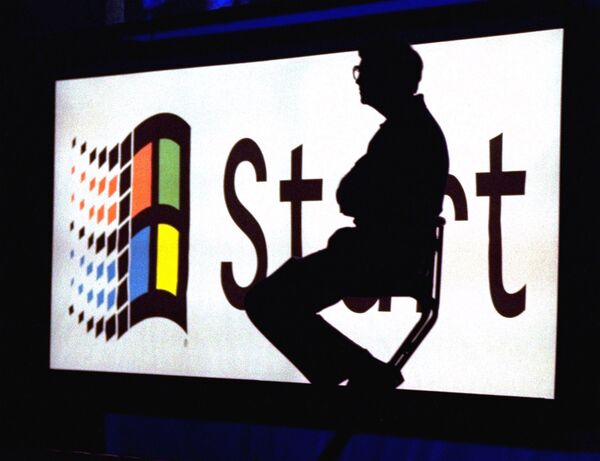
The group also intends to develop a new standard for confirming whether an individual has or has not been inoculated against the deadly virus. Paul Meyer, CEO of the Commons Project Foundation - a coalition participant, said in a statement accompanying the release that the goal for the initiative is to provide helpful tools allowing for the safe “return to travel, work, school, and life.”
However, it’s presently uncertain how soon the companies will be able to deliver on their initiative, which was only announced just last week.
For its part, Oracle also donated a national electronic health record database and a management application to the US government so that it could manage the distribution of the approved COVID-19 vaccines. Similarly, Microsoft followed suit with the deployment of its own management systems.
Salesforce Helps Deliver 2 Billion Vaccines, Provides Management Platform
Prior to joining the VCI project, software company Salesforce announced in mid-December that it would be partnering with global health firm Gavi, the Vaccine Alliance as part of a global push to distribute approximately 2 billion COVID-19 vaccines to 190 countries by the end of 2021.
Salesforce’s contribution to the measure will see the software company use its cloud technology to power the alliance’s country engagement platform that will allow nations to “communicate and share information, such as vaccine requirements and access reports.”
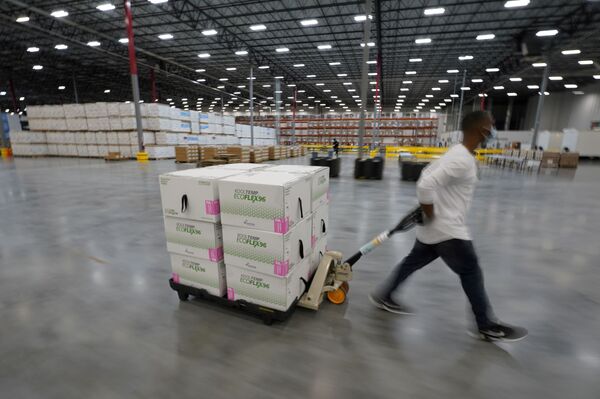
“The partnership will give people worldwide, especially in the poorest countries, access to vaccines that help protect them from COVID-19 and stem the continuing catastrophic social and economic disruption the pandemic has already left in its wake,” Dr. Seth Berkley, Gavi CEO said in a statement issued with the release.
Additionally, Salesforce has also launched Work.com for Vaccines, a vaccine management solution helping governments and health care organizations efficiently manage vaccine programs at a larger scale. Specifically, the site allows officials to better coordinate vaccine appointments, registration, inventory and even outreach initiatives.
Google Shells Out Benjamins, Helps Bolster Vaccine Intel
Search engine giant Google has also chipped in on the massive vaccine rollout effort by using its cloud services to help with vaccine intelligence and by donating millions in support of relief efforts and government organizations.
The company noted in a blogpost that it has used its Google Cloud service to help US government agencies “solve critical citizen service delivery issues,” and more specifically, build an improved platform to expand telehealth capabilities across the nation.
“We’re also helping governments build apps that can help screen patients remotely and aid in contact tracing to help stop the spread of the disease,” Thomas Kurian, CEO of Google Cloud, noted before explaining that the search engine has also worked to create a national response platform to assist hospitals and hurting communities.
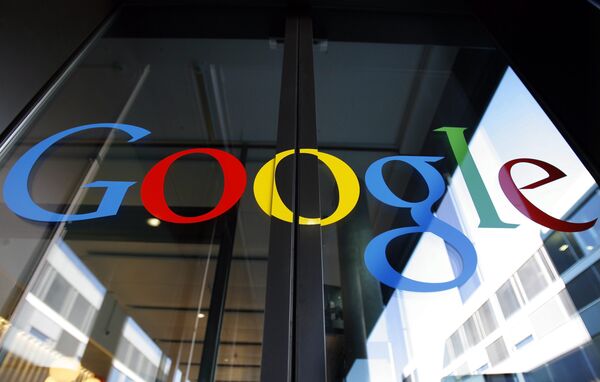
Google has also introduced its Healthcare Consent Management API to give health professionals a manner in which to better “manage individuals’ consent of their health data.” The company notes that the program offers an assurance to officials that makes it easier to meet existing and emerging consent frameworks.
In an effort to combat misinformation surrounding COVID-19 vaccines, Google also launched knowledge panels in December to provide viewers with accurate information. More recently, the company offered up $3 million to support fact-checking initiatives to counter vaccine misinformation online.
Social Media Clamps Down on Vaccine Misinformation
Aside from Google’s efforts, three of the largest social networks - Facebook, YouTube and Twitter - announced last November that they would work with fact-checkers, governments and researchers to tackle vaccine misinformation head-on.
The initiative, started by British fact-checking charity Full Fact, aims to establish a set of standards to combat misinformation as well as crafting rules that would ultimately hold organizations responsible for failing to keep up their end of the bargain.
Other efforts taken on by social media giants include labeling COVID-19-related posts with a link to an official health site, such as the CDC, regardless of whether an official agency has been tagged in the post.
Early on in the pandemic, governing agencies, such as the European Union, called on US tech giants to produce monthly reports that included “detailed data” on how they were specifically tackling misinformation. The prime targets of the push were Google, Facebook and Twitter.
